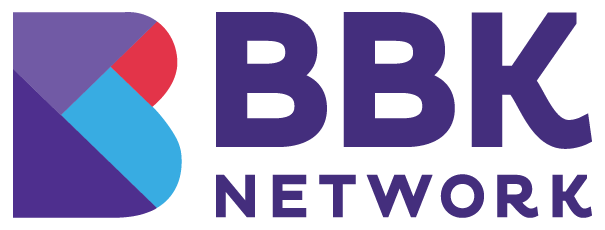Blog
BCBusiness recently published an article titled Students First, which discussed the adjustments of primary and secondary schools that came with the Covid-19 pandemic. The article recaps the situations of BC independent schools including Mulgrave, West Point Grey Academy, and Meadowridge School, showcasing their efforts to create safe in-person classes for the ongoing school year.
This article means well by illustrating new safety considerations in place, but it greatly misses the issues and implications with in-person classes. For example, there are many health risks related to the transfer of Covid-19 that arise from placing kids in close contact with each other in indoor environments. Rather than trying to adapt to a difficult and dangerous situation, schools are putting students at greater risks by stubbornly trying to stick to the previous normal of in-person classes.
Even before the pandemic, the quality of online school programs was significantly below the standard required for K-12 education. In 2015, the Organization for Economic Co-operation and Development (OECD) in 2015 found that heavy computer use was typically a sign of poorer student performance. Further, a CBC description of the report mentioned the conclusion made by Students, Computers, and Learning that “great technology cannot replace poor teaching.”
Computers and technological teaching tools are certainly not detrimental to the intellectual development of kids, but the quality of online education can surely decline if the technology isn’t effective for teachers to utilize.
With the onset and escalation of the Covid-19 pandemic, the poor relationship between the education system and technology has only worsened. In August, many parents felt the need to find personal tutors in advance of the school year to ensure that their kids didn’t lose out on a year of education. More specifically, the transition to online Kindergarten classes in Hamilton, Ontario, caused delays at the start of the year and provided a poor substitute for typical in-person schooling.
This disruption has especially affected families without the resources to attend online classes, due to a lack of access to sufficient internet connection or quality technologies to conduct their online schooling. Nearly 30% of families in BC lack adequate computer equipment or a stable internet connection, many of which are in Indigenous communities and have faced significant difficulty both before and during the pandemic.
There are a number of organizations that have been able to donate computers to help families in this difficult time. Build A Biz Kids is an example of this as the non-profit collects used computers that are still in working condition and up-cycles them to families in need.
Articles like BCBusiness’s “Students First” are not wrong in recognizing the benefits of in-person learning and the drawbacks of online learning, however, many children and parents still have reason to be uncomfortable returning to the prior education format. In fact, many parents have recently removed their children from in-person classes due to a concern for their children’s and families’ health, believing that forcing them to take such a risk is an unfair asking.
A remedy to this issue would be to solve the problems experienced with this forced transition to online education, taking a more proactive approach as opposed to being reactive. BC’s education system has been unable to adapt to these strenuous circumstances, instead choosing to ignore the signs that a restructuring of the current system is in order. Given the growing number of Covid-19 cases related to BC schools, it is clear that primary and secondary schools have failed to provide the safety that parents and students require. This is evidence of the much-needed opportunity to improve the weaknesses in current online education.
It is also relevant to bring up the future expansion of online education that was occurring even before this pandemic. Michael Barbour, a professor at the College of Education and Health Sciences at Touro University in California, was interviewed by the CBC before the pandemic in 2020 praising the theoretical strengths of online education. Primary and secondary education are already moving towards a more technological curriculum, but there was shockingly little effort put towards improving the quality and curriculum of this format.
As the pandemic progresses, it’s clear that online education requires drastic improvement. Our children are in need of a virtual learning that is stronger and more easily-implemented. A forward-thinking mentality is required in preparation for the rapidly devleloping future of technology and for risk mitigation if a pandemic like this were to happen again. If these issues aren’t addressed soon, it is easy to imagine kids and families being impacted just as hard or worse in the future.
Author: Gene Cole
